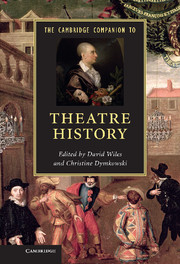8 - Egypt
from Part III - Where?
Published online by Cambridge University Press: 05 February 2013
Summary
On 25 January 2011, millions of predominantly young Egyptians staged a historic popular uprising to demand the immediate end of Hosni Mubarak’s three-decade rule. Their action marked Egypt’s most recent major appearance on the global stage, performed in the hail of worldwide acknowledgements of the country’s history and civilisation. Holding that their homeland’s past should have earned it a better present, many of the protestors proclaimed it as umm al-dunnia (‘the mother of all the world’), a popular phrase that invokes a reminder of Egypt’s distinction as, perhaps, the longest existing political entity on earth. A closer look at the case of Egypt may reveal more to this claim than mere euphoric exceptionalism.
To be sure, Egypt seems unique in its fabled defiance of time, having preserved its borders virtually intact since time immemorial. Located at the centre of the Arab world, it was once hailed by its neighbours as ‘the beating heart of Arabness’, a carry-over from Arab nationalist times when Egypt became the de facto capital of the region’s culture and civilisation. Its Arab identity aside, however, the oft-invaded Mediterranean country has equally been shaped by its location at the intersection of different civilisations and continents, with each contributing a share to its makeup. As such, Egypt proudly bears the imprints of civilisations as diverse as the ‘Pharaonic’, Mediterranean/Graeco-Roman, Coptic Christian, Arabo-Islamic, Turco-Circassian and Nilotic/African. Yet this richly hybrid nature is but a facet of what gives meaning to the phrase ‘mother of all the world’, since today’s Egypt is, perhaps, the sum total of its myriad historical constituents in a single, potentially conflictual composite whole.
- Type
- Chapter
- Information
- The Cambridge Companion to Theatre History , pp. 116 - 135Publisher: Cambridge University PressPrint publication year: 2012
References
- 1
- Cited by

